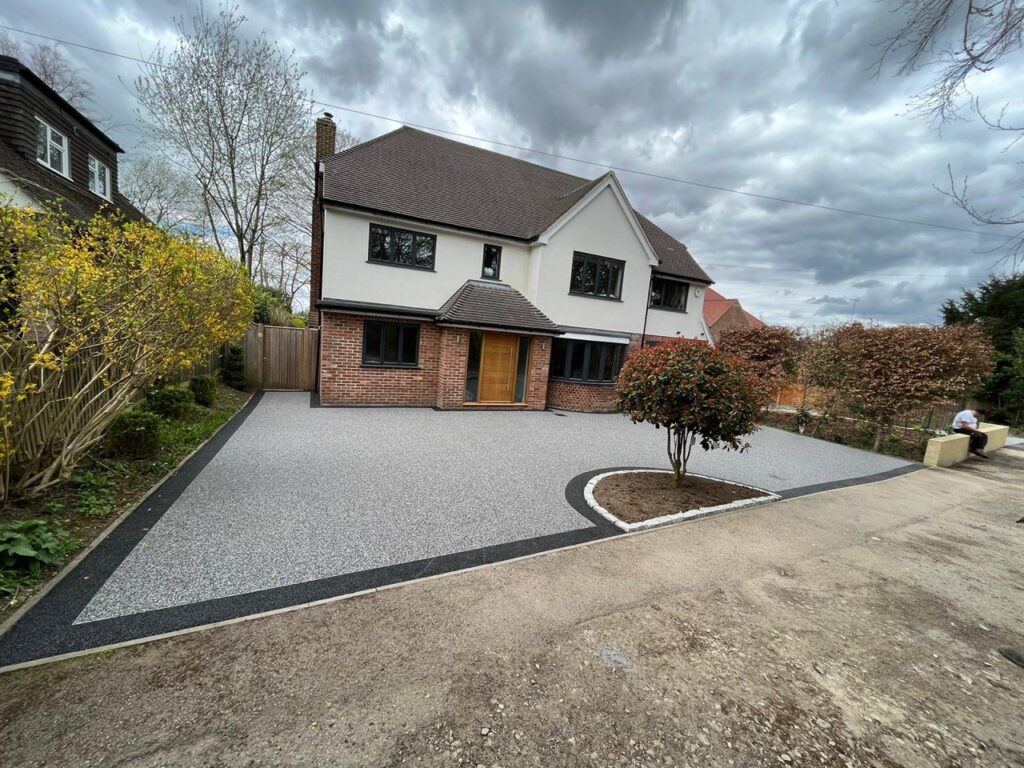Innovating Urban Infrastructure: Exploring Alternative Materials and Construction Methods for Tarmac Car Parks
Introduction: As the demand for sustainable and resilient urban infrastructure grows, exploring alternative materials and construction methods for tarmac car parks has become increasingly important. Traditional asphalt surfaces, while durable, may not always align with sustainability goals or address evolving challenges such as climate change and resource scarcity. In this blog post, we’ll delve into the possibilities of alternative materials and construction techniques for tarmac car parks, highlighting their potential benefits and considerations.
Porous Asphalt:
- Porous asphalt, or permeable pavement, is a sustainable alternative to traditional tarmac surfaces. Its porous structure allows rainwater to infiltrate the pavement, reducing stormwater runoff and minimising the risk of flooding. Porous asphalt also helps replenish groundwater supplies and mitigates the urban heat island effect by allowing water to evaporate and cool the surface.
Recycled Materials:
- Utilising recycled materials, such as reclaimed asphalt pavement (RAP) and recycled aggregates, in tarmac car park construction can significantly reduce the project’s environmental impact. Incorporating recycled materials conserves natural resources, diverts waste from landfills, and lowers carbon emissions associated with production processes. Additionally, recycled materials can offer comparable performance to virgin materials at a lower cost.
Rubberised Asphalt:
- Rubberised asphalt, made by mixing crumb rubber derived from recycled tyres with asphalt binder, offers enhanced durability, flexibility, and noise reduction compared to conventional asphalt. Incorporating rubberised asphalt into tarmac car parks can extend pavement life, improve skid resistance, and reduce road noise, enhancing the facility’s overall user experience and sustainability.
Warm Mix Asphalt (WMA):
- Warm-mix asphalt (WMA) technologies allow for the production and placement of asphalt at lower temperatures than traditional hot-mix asphalt (HMA). WMA offers environmental benefits while maintaining performance and quality standards by reducing energy consumption and emissions during production and construction. Using WMA in tarmac car park construction can lower greenhouse gas emissions and contribute to sustainability goals.
Permeable Pavers:
- Permeable pavers made from concrete, clay, or recycled materials provide a porous surface that allows water to infiltrate the ground while supporting vehicular traffic. They offer design flexibility, durability, and ease of maintenance, making them suitable for tarmac car parks in urban and suburban settings. Additionally, permeable pavers can contribute to LEED certification and green building initiatives.
Conclusion: Exploring alternative materials and construction methods for tarmac car parks presents opportunities to enhance sustainability, resilience, and performance while minimising environmental impacts. By embracing innovation and adopting eco-friendly solutions like porous asphalt, recycled materials, rubberised asphalt, warm mix asphalt, and permeable pavers, experts can lead the way in creating modern, sustainable, and resilient urban infrastructure that meets the needs of communities today and in the future.
Call us on: 01728 448 691
Click here to find out more about Worlingworth Driveway Solutions
Click here to complete our contact form and see how we can help with your driveway needs.

